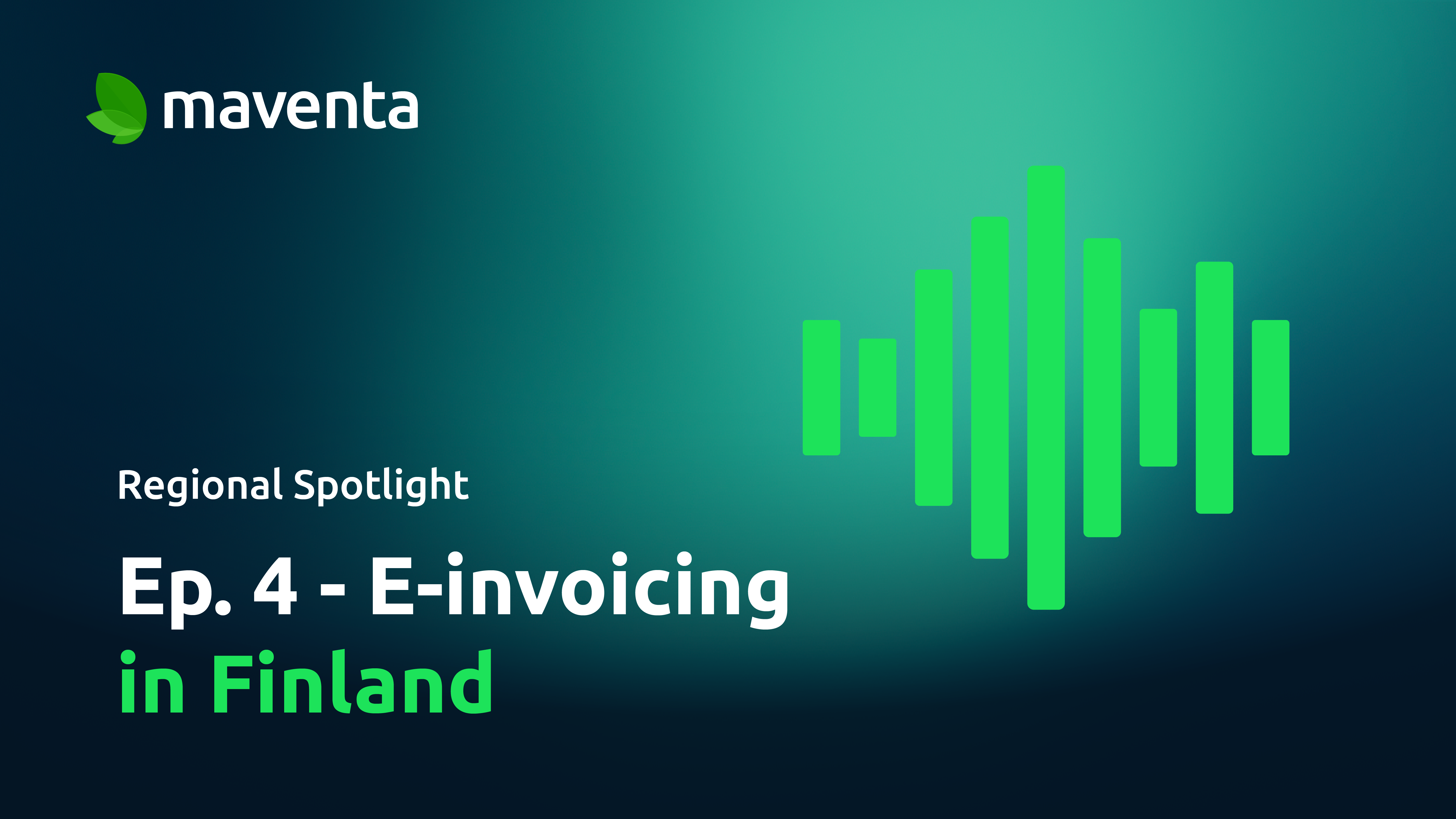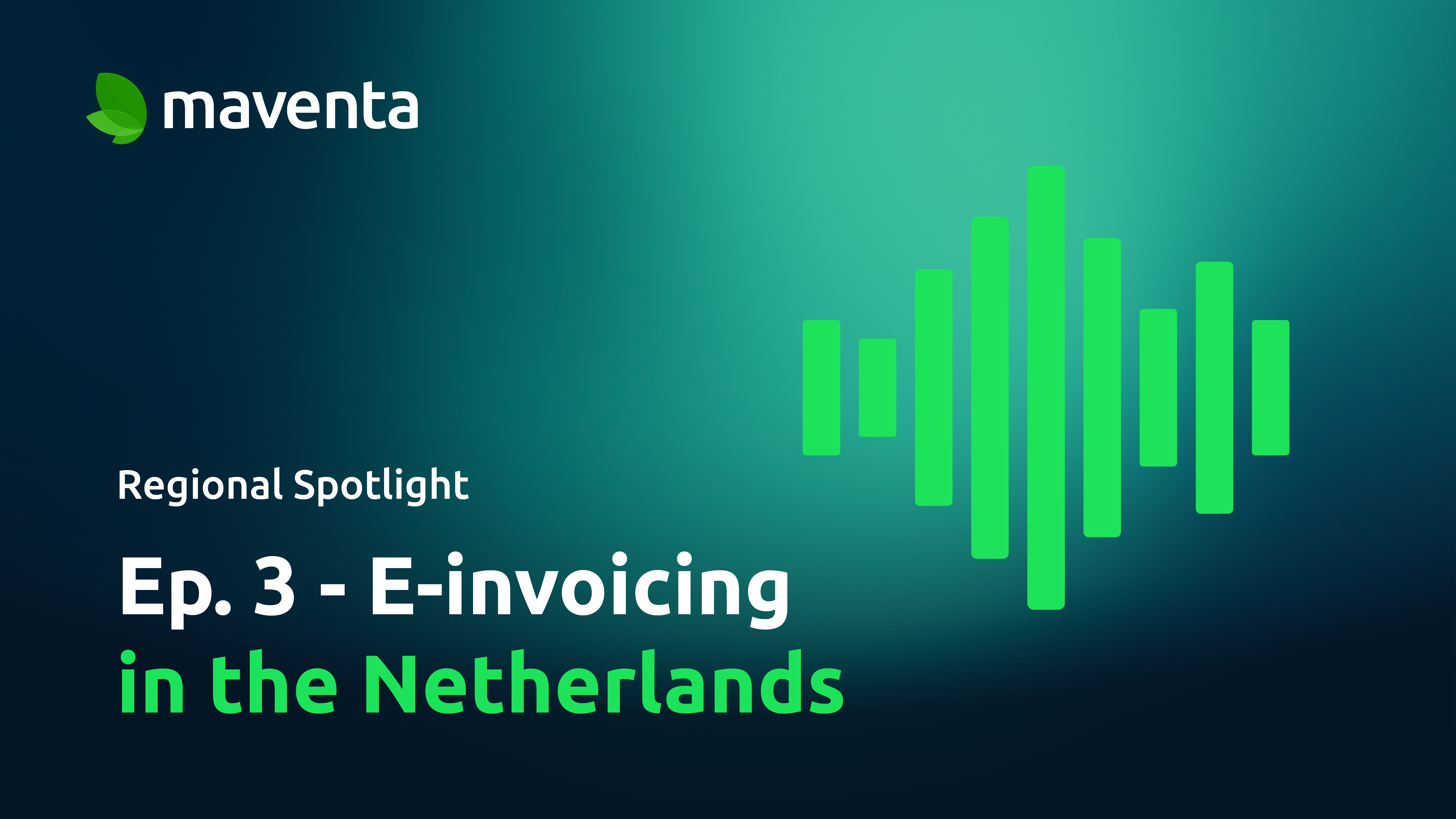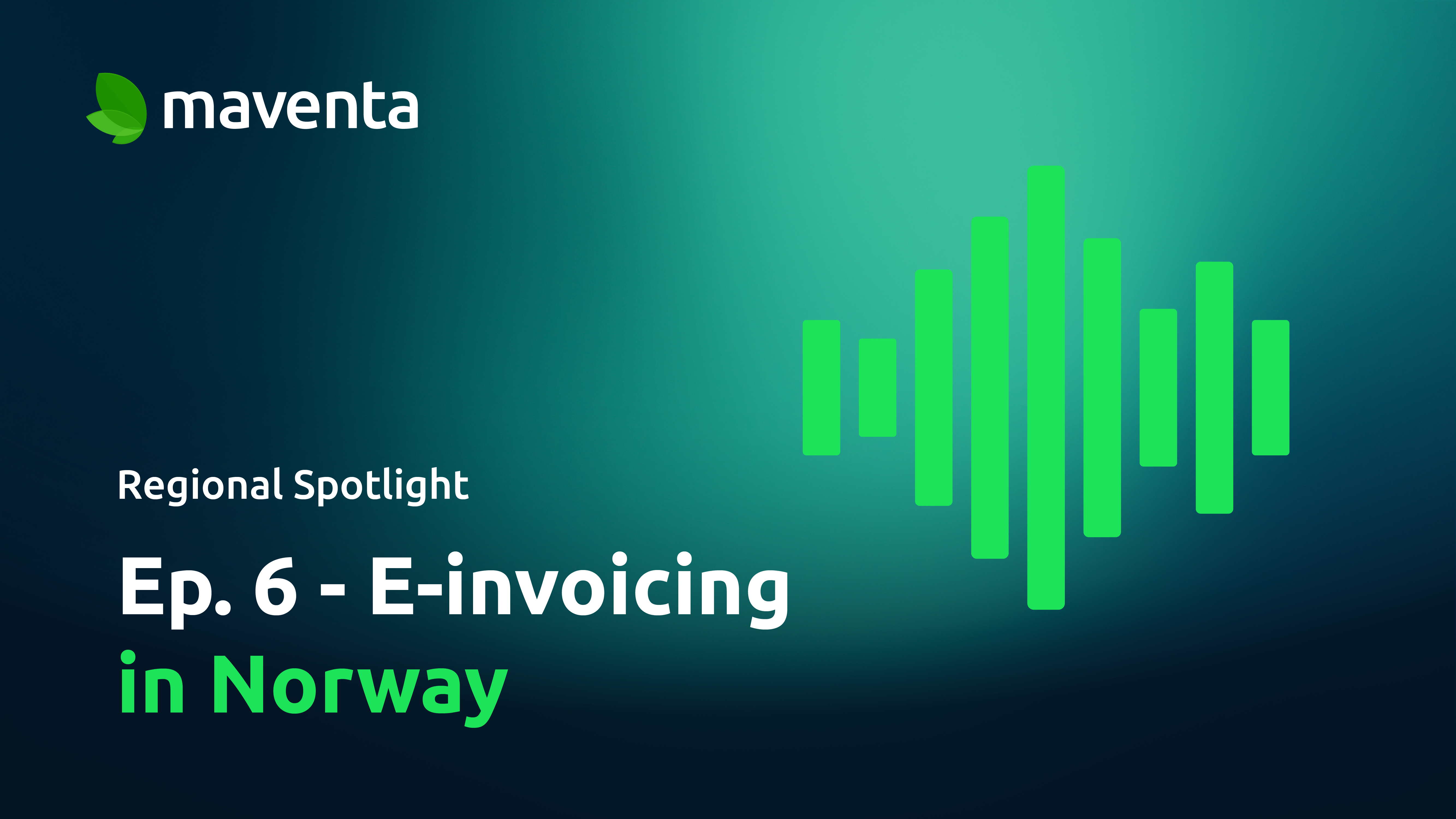How to prepare your software for the upcoming e-invoicing changes in Germany?
A phased B2B rollout is already happening
On the public side, e-invoicing is already mandatory on the federal level to receive e-invoices and also for sending in many German states. For the private side, the phased roll-out for mandatory e-invoicing is already ongoing:
-
January 1, 2025: Readiness is key
-
All companies must be able to receive e-invoices that comply with the European standard EN 16931. This is already in effect, making receiving capabilities a current priority for your clients.
-
-
January 1, 2027: Issuance for larger businesses
-
Mandatory issuance of e-invoices for companies with an annual turnover exceeding €800,000 (from the previous year).
-
-
January 1, 2028: Full B2B adoption.
-
Mandatory issuance of e-invoices for all remaining companies, regardless of turnover.
-
This phased approach means software companies need to prioritise development to ensure clients can meet both receiving and sending obligations well in advance of the deadlines.
Formats and flexibility
Germany is embracing the European standard EN 16931 as the foundation for its e-invoicing. This means your software solutions must support:
-
XRechnung: The purely XML-based national standard, primarily used for B2G transactions, but also acceptable for B2B.
-
ZUGFeRD: Germany's hybrid format, combining a human-readable PDF with an embedded XML file (PDF/A-3). ZUGFeRD 2.3 is compliant with EN 16931 and is a popular choice, especially for SMBs seeking a smoother transition.
-
Peppol BIS 3.0: Peppol is fully recognised and compliant, provided it adheres to Germany's specific national rules (DE-NRS), which align it with XRechnung's semantic requirements.
While emailing the ZUGFeRD format is currently a common practice in Germany, challenges exist regarding data validation and potential discrepancies between the PDF and XML data.
Key takeaways for software providers in Germany
The German e-invoicing landscape is undergoing a profound transformation. Due to the fragmented market and the initial "loose" implementation, software companies right now should be prepared to handle different types of practices. Here are your three takeaways:
-
Prioritise EN 16931 compliance: Ensure your solutions can generate and process e-invoices conforming to this European standard via accepted syntaxes.
-
Master key German formats: Full support for both ZUGFeRD (especially the latest version for hybrid flexibility) and XRechnung is essential.
-
Embrace Peppol: Position Peppol as a primary, efficient, and future-proof channel, ensuring your Peppol capabilities include the German National Ruleset for seamless integration.

This blog post is part of our "Regional spotlights" video series tailored for software vendors in Europe. In this series, we'll take a look at the e-invoicing landscape in Belgium, the Netherlands, Germany, Sweden, Finland, and Norway.
Hosts
Taru Kuusisto, Head of Marketing & Sanna Saarikivi, Product Manager
Available on
YouTube | Spotify | Apple Podcasts




